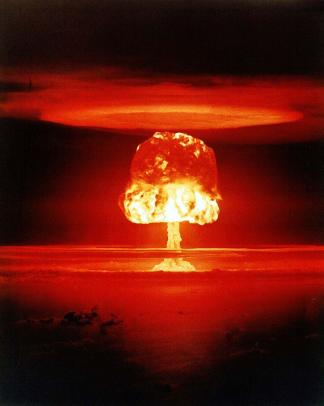October 5, 2016
The 2016 UN Open-ended Working Group taking forward multilateral nuclear disarmament negotiations (OEWG) and the preceding governmental conferences on the humanitarian impact of nuclear weapons have changed the landscape for efforts to achieve a world free of nuclear weapons. This is true even though, aside from the agreement with Iran on limiting its nuclear program, in other respects the trends have been quite negative. All states possessing nuclear arsenals are maintaining and modernizing them, with full-scale nuclear arms racing underway in South Asia and testing by North Korea, and there are serious geopolitical tensions between the United States and Russia, and the United States and China. Notwithstanding these trends, the OEWG and the humanitarian conferences reflect the determination by many non-nuclear weapon states (NNWS) to press forward; indeed in their view the global security climate makes it all the more urgent to do so. Three important results relate to the humanitarian consequences of nuclear explosions, the imperative of multilateral negotiations, and the nature of possible agreements.

